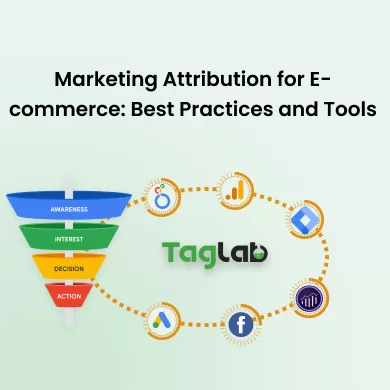Your cart is currently empty!
Social Selling
Posted by:
|
On:
|
Social Selling refers to the use of social media platforms by sales professionals to find, connect with, engage, and nurture potential leads. It involves leveraging social networks to build relationships, provide value, and ultimately drive sales, rather than relying solely on traditional sales tactics.
Detailed Explanation
Social Selling encompasses various practices and strategies aimed at enhancing sales efforts through social media:
- Profile Optimization: Creating and maintaining a professional social media profile that highlights expertise and value propositions to attract potential clients and build credibility.
- Lead Identification: Using social media tools and analytics to identify and target potential leads based on their interests, behaviors, and engagement with relevant content.
- Content Sharing: Regularly sharing valuable and relevant content to engage with prospects, demonstrate expertise, and foster trust.
- Engagement: Actively engaging with prospects by responding to their queries, participating in discussions, and providing insights to build relationships and influence purchasing decisions.
- Networking: Connecting with industry professionals and potential clients to expand reach and build a network of valuable contacts.
- Relationship Building: Nurturing relationships through consistent interactions and personalized communication to move prospects through the sales funnel.
- Performance Tracking: Monitoring social selling activities and analyzing metrics to assess effectiveness and adjust strategies as needed.
Effective social selling helps sales professionals leverage social media to enhance their sales process, reach more prospects, and build stronger relationships with potential customers.
Key Points
- What it is: The use of social media platforms by sales professionals to connect with, engage, and nurture potential leads.
- Why it matters: It allows for more personalized and relationship-driven sales approaches, which can lead to increased trust and higher conversion rates.
- How to implement it: Optimize your social profiles, identify and target leads, share relevant content, engage and network, build relationships, and track performance.
Examples
- Profile Optimization: A sales professional enhances their LinkedIn profile with a clear summary of their expertise and achievements to attract potential clients.
- Content Sharing: Regularly posting industry insights, case studies, and helpful tips to engage with prospects and establish thought leadership.
- Engagement: Responding to comments and questions on social media posts to build rapport and provide value to potential leads.
Related Terms
- Social Media Marketing
- Lead Generation
- Sales Enablement
- Customer Relationship Management (CRM)
Frequently Asked Questions
What is Social Selling?
Social Selling is the use of social media platforms by sales professionals to connect with, engage, and nurture potential leads, aiming to build relationships and drive sales.
Why is Social Selling important?
Social Selling is important because it allows for a more personalized approach to sales, helps build trust with prospects, and can lead to higher conversion rates by leveraging social media relationships.
How can sales professionals start with Social Selling?
Sales professionals can start with Social Selling by optimizing their social media profiles, identifying and targeting potential leads, sharing relevant content, engaging with prospects, networking, and tracking performance.
What are some common tools for Social Selling?
Common tools for Social Selling include LinkedIn Sales Navigator, Hootsuite, Buffer, and other social media management and analytics platforms that help with lead identification, content scheduling, and performance tracking.
What metrics should be tracked in Social Selling?
Key metrics to track in Social Selling include engagement rates, connection requests, response rates, lead conversion rates, and overall social media reach and impact.



